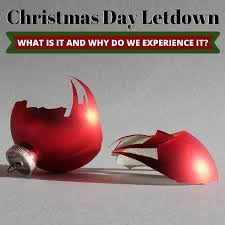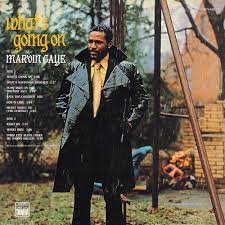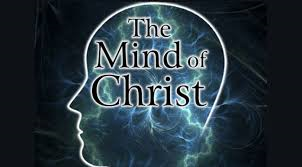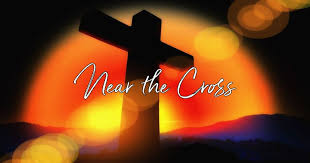Rehearsing helps us remember.
When we hear the word “rehearse”, we conjure up visions of singing, dancing, or acting. A rehearsal is a preparatory event that is performed before the official public performance, as a form of practice. The intent of a rehearsal is to ensure that all details of the performance are adequately prepared and coordinated for presentation.
This Psalm is a timely rehearsal that help us to remember God’s loving protection and provision in our lives. It is a time that we reflect when God has shown His great mercy to us (Lam. 3:22-23). It is, then possible, by repeating God’s example, that we can begin to expand our mercy and our compassion to others. It is in preparing that we begin to conform to the image of Jesus (Rom. 12:2). We can begin to rehearse God’s mercy.
Rehearsing prepares.
In Psalm 106, the psalmist prepares the Jews who have returned from Exile by recounting the mercies extended by God to the nation of Israel. Can you imagine returning to your hometown after a 70-year absence?
Many of the older Jews had died in captivity; younger Jews had little to draw upon to refresh their memory of God’s love and provision for Israel during her glory days. Instead, they arrived to find burnt gates and broken walls.
Many would have forgotten God’s reason for allowing them to go into captivity. It was their habitual, sinful nature and rebellious lifestyle (v.43) that resulted in their 70-year banishment from Israel. It was the psalmist’s intent to prepare the returning Jews’ hearts and minds for spiritual revival—a return to God.
Rehearsing increases wisdom.
The Psalmist takes time to share with the returning Jews, the errors that contributed to their exile. Here are a few key learnings that are still appropriate for today’s believers.
-
- Confess and repent of your sins to avoid God’s judgment. “We have sinned with our fathers, we have committed iniquity, we have done wickedly.” (v. 6)
-
- Seek God’s wisdom in all your decision making. “They soon forgot his works; they waited not for his counsel.” (v. 13)
-
- Eliminate complaints about what you don’t have and express gratitude for God’s provision.“They despised the pleasant land, they believed not his word: But murmured in their tents and hearkened not unto the voice of the LORD.” (vv.24-25)
Even in Israel’s rebellion and sin, God never failed to extend His mercy and grace (vv. 44-45).
“Nevertheless he (God) regarded their distress when he heard their cry. For their sake he remembered His covenant and showed compassion according to the abundance of his steadfast love.”
Rehearsing makes for great testimonies.
If we were to “rehearse” God’s mercy in our life, what would we write? Would it be similar to Israel’s history reflecting a life pattern of sin and backsliding? Do we see evidence of God’s love and mercy regardless of our rebellion and spiritual failures? Take time to reflect on where you’ve come from and then write your own psalm reflecting when and how God’s love and mercy was extended to you.
Satan uses our memory to evoke shame and guilt for things we have done that were not God honoring. However, we can use our past errors as our testimony to others about the saving love of Christ. If we now walk under the guidance and direction of God’s Spirit, remembrance of our life B.C. (Before Christ) should not be an indictment against us but evidence of the immense love God has for us.
There is nothing better than living in God’s A.D. (Abundant Dominion). Let us continually rehearse God’s mercy in our hearts and minds as we prepare for effective service and kingdom building.










